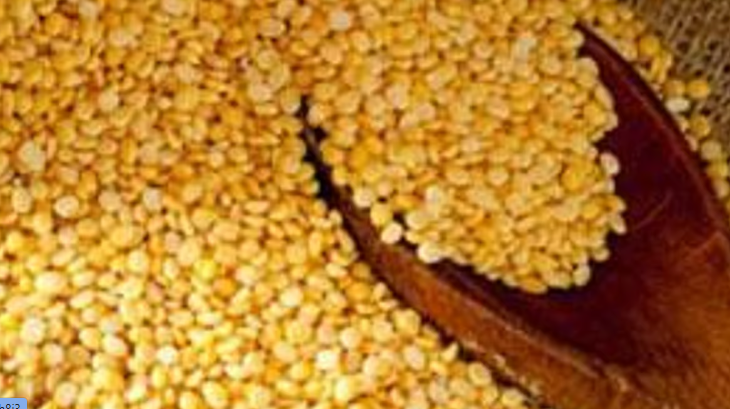Russian Oil Imports Surge, Saudi Volumes Dip: What It Means for India

In a significant shift in India’s oil import dynamics, Russian crude oil imports surged to a 13-month high in June, marking a substantial increase from previous months. Meanwhile, imports from Saudi Arabia plummeted to their lowest levels in over a decade, reflecting a notable change in India’s oil procurement strategy.
Rise in Russian Oil Imports
India’s reliance on Russian crude reached new heights in June, with imports totaling 2.13 million barrels per day (bpd). This surge was driven primarily by increased shipments of Moscow’s key crude grade, Urals. The availability of Russian oil was bolstered by disruptions in Ukrainian refinery infrastructure due to drone strikes, coupled with favorable pricing differentials compared to Middle Eastern counterparts.
The uptick in Russian imports accounted for 45% of India’s total oil imports for the month, underscoring its pivotal role in India’s energy supply chain. Urals crude, known for its medium-sour properties, has become a cornerstone of India’s oil strategy, offering both volume and economic advantages over other grades.
Decline in Saudi Arabian Imports
Conversely, imports from Saudi Arabia, historically one of India’s top crude suppliers, dwindled to 0.41 million bpd in June—a stark drop of over 25% compared to previous months. This decline represents the lowest monthly import figure from Riyadh since January 2014. The reduced inflow from Saudi Arabia can be attributed to robust availability and competitive pricing of Russian oil, which has edged out Saudi medium-sour grades in the Indian market.
Impact on Oil Market Dynamics
Viktor Katona, head of crude analysis at Kpler, highlighted the price advantage of Urals crude, which stands at $6-7 per barrel lower than Saudi Arabian medium-sour grades. This significant price differential has incentivized Indian refiners to prioritize Russian imports, reshaping the traditional supplier landscape dominated by Middle Eastern producers.
Emerging Trends in Indian Oil Imports
In addition to increased Russian and reduced Saudi imports, June witnessed a notable surge in oil imports from the United States (US), reaching a 17-month high. American crude, particularly light sweet grades like shale oil, gained traction in India as they complemented the heavier Russian and Middle Eastern barrels. This diversification in supply sources reflects India’s strategic approach to balancing its crude oil portfolio amidst evolving global market dynamics.
Strategic Implications for India
As the world’s third-largest consumer of crude oil, India remains acutely sensitive to oil prices and supply disruptions. The strategic shift towards increased Russian imports underscores India’s adaptability to changing geopolitical realities and economic imperatives. Despite fluctuations in discount levels on Russian crude, Indian refiners continue to capitalize on cost efficiencies offered by diversified sourcing strategies.
Conclusion
The resurgence of the Hockey India League (HIL) promises to be a landmark event for Indian hockey, offering enhanced player incentives, revamped franchise norms, and a streamlined format aimed at revitalizing the sport on a national scale. Stay tuned for more updates as the league gears up for its exciting return in 2024, promising an exhilarating season ahead for hockey enthusiasts worldwide.


